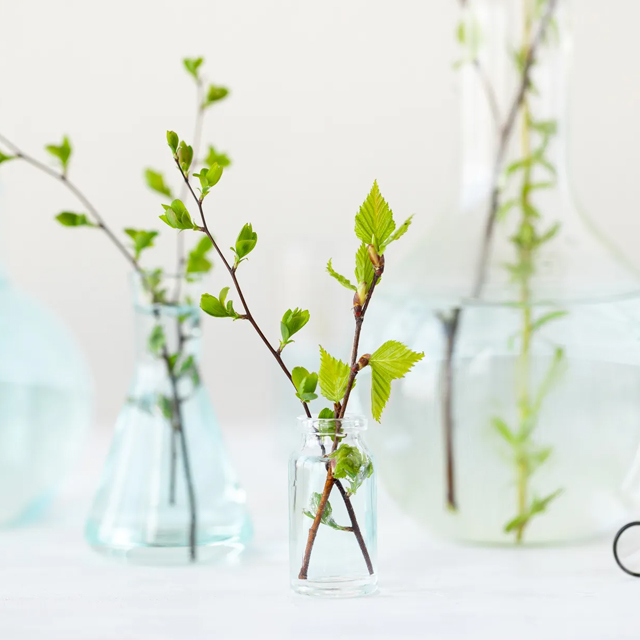Developing “Natural” Beauty Products Is Anything But Easy

The term “natural” often circulates widely within the beauty realm, but authentic brands earning this label are scarce, and for good reasons. The term suggests simplicity, as if a reduction of artificial elements signifies a product’s basic composition and production. Contrary to this perception, relying on natural ingredients for mass-scale product creation involves accommodating seasonal variations, rigorous testing and refining of complex formulations, and embracing the inherent irregularities associated with earth-grown contents.
In the pursuit of proving the potency and efficacy of natural ingredients, our founder, Sarah Thompson, established her brand, showcasing products free from synthetics like petroleum, glycol, and industrial chemicals. Raw ingredients, being both rare and sourced from different parts of the world, are more expensive compared to their manmade counterparts. The premium quality of organic natural ingredients demands specialized handling and top-tier emulsification and preservation systems, ensuring a respectable two-year shelf life. Sarah emphasizes the meticulous process of formulating from scratch, a time-consuming two-year endeavor involving trial and error with delicate ingredients.
Samantha Reynolds, the creative force behind Blossom Beauty, embarked on a journey with Sangre de Fruta to honor ingredients with historical significance. Despite having well-thought-out brand principles, establishing a natural line continually poses challenges. Samantha notes the constant pressure to lean towards synthetic alternatives for operational ease and financial viability, but she acknowledges that rushing compromises brand integrity in the realm of natural beauty.
Additionally, there’s the issue of uniformity, or rather, the absence of synthetic consistency in the natural world. Similar to the changing seasons affecting wine or plants, customers desire a uniformity in their go-to products, which doesn’t always align with the organic ebb and flow. Emily Mitchell, founder of Eden Botanics, specializes in locally-sourced products and recognizes the beauty in the consistent inconsistencies that nature brings.
Nature’s variability extends to texture, smell, and pigment. Emily Parker, the visionary behind Bloom Cosmetics, notes the challenges faced in achieving consistent colors for organic makeup, as natural ingredients like roses may not bloom in the same hue every time. The team at Bloom Cosmetics meticulously blends pigments in their lab, located on their 20-acre organic farm in California, ensuring the desired shades are achieved.
Despite any challenges, natural-leaning brands commit to sustainable practices, aligning with eco-friendly packaging and ethical sourcing. However, it’s essential to distinguish between natural-leaning and sustainability. Emma Turner, founder of Green Essence, avoids labeling her brand as entirely sustainable, recognizing that certain precious ingredients may not fit the sustainable criteria.
As a customer-oriented brand, Charlotte Taylor from Pure Radiance emphasizes the learning curve associated with choosing natural products. While customers may expect extreme consistency, natural products embrace the beauty of consistent variations. Any quirks are transparently communicated online, allowing customers to understand and appreciate the brand’s commitment to purity.
In conclusion, the collective shift towards celebrating raw ingredients and their origins provides a promising starting point. Sarah Evans, the brains behind Earth’s Elegance, emphasizes the need to rethink and reconfigure traditional approaches, fostering excitement and curiosity about Mother Nature’s offerings without succumbing to guilt, fear, or shame. Let’s embark on a journey to embrace and celebrate the luxuries bestowed by Mother Nature.




